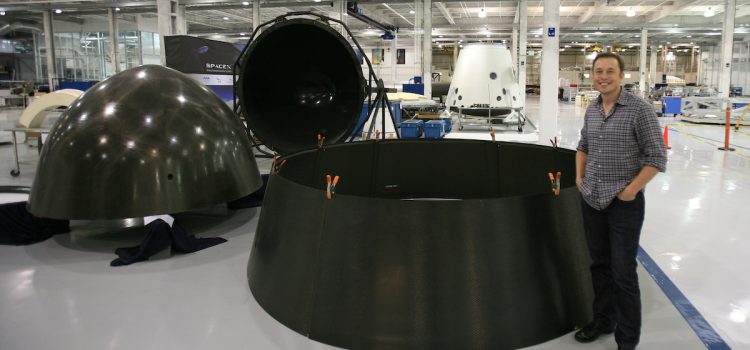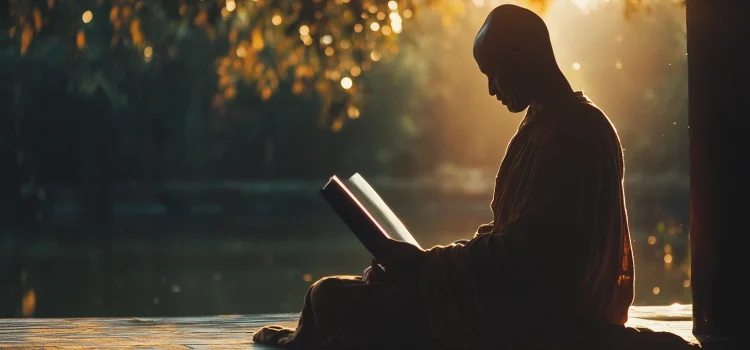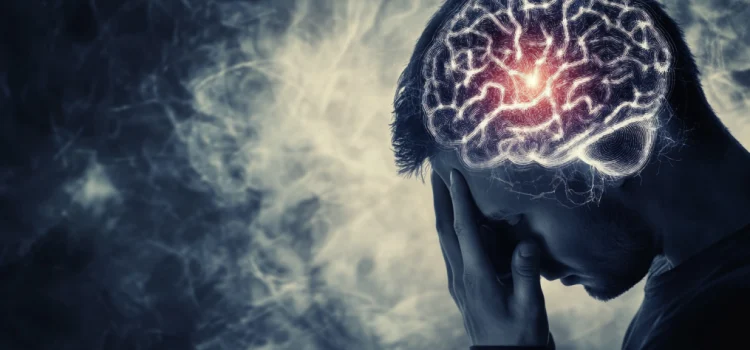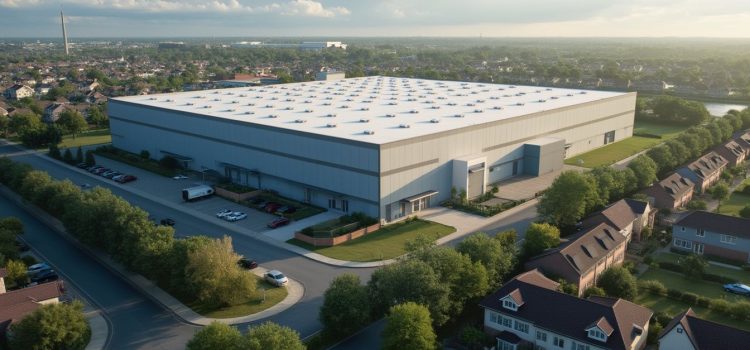How can you actively forget unwanted memories? What’s the connection between forgetting and maintaining a healthy brain? In her book Remember, Lisa Genova explores how to forget as an essential part of brain health and memory formation. She outlines specific strategies for intentionally forgetting information at different stages of memory processing, from avoiding initial encoding to replacing established muscle memories. Keep reading to discover practical techniques for clearing your mind of unwanted information and making space for what matters most.
How to Forget Unwanted Memories, Trauma, & Mental Clutter










